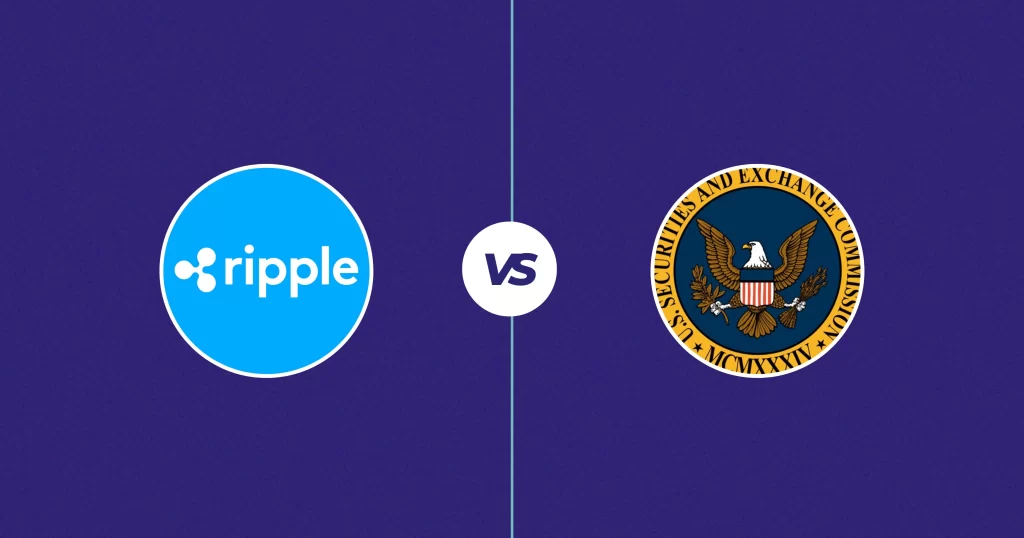Ripple vs SEC: Examining the SEC’s Strategy to Prove XRP is Security


The post Ripple vs SEC: Examining the SEC’s Strategy to Prove XRP is Security appeared first on Coinpedia Fintech News
The Ripple vs SEC lawsuit is heating up as we draw closer to the final ruling. The crypto industry is eagerly anticipating the outcome as it’s expected to set a precedent in the US. The main point of contention is whether XRP is a security, as claimed by the SEC, or a token, as claimed by Ripple.
With the legal battle having started in 2020, numerous predictions and opinions have been offered. Recently, Bill Morgan has provided insight into the SEC’s strategy for proving XRP’s security status. Stay tuned for more updates on this exciting legal saga.
Examining the SEC’s Approach and Ripple’s Defense in the XRP Security Debate
Ripple’s General Counsel Stuart Alderoty criticized the SEC for substituting concepts and equating common interests with a common enterprise. This prompted lawyer and crypto enthusiast Bill Morgan to speculate on how the SEC plans to label XRP as security and potentially harm the crypto industry.
Morgan suggests the SEC is stretching the Howey test by expanding the definition of “common enterprise” to avoid linking it to specific transactions, focusing on the adjective “common” instead. He believes the SEC aims to argue that a common interest alone is sufficient.
Morgan further explains that the SEC, in its summary judgment motion, highlights instances where Ripple promoted the alignment of its interests with XRP holders. If this evidence is deemed insufficient, the SEC resorts to the fungible argument, according to a legal expert. The argument rests on the idea that all XRP units are interchangeable and experience similar fluctuations, which the SEC claims establishes a common enterprise, even though it is merely a common interest.
Morgan notes that Ripple’s legal team challenged the fungible argument by citing gold as an example in their summary judgment motion. He warns that if the SEC is allowed to reduce common enterprise to the common interest, it could apply the fungible argument to other cryptocurrencies as well, setting a dangerous precedent. Morgan believes this could result in significant harm to the crypto industry.
The Ripple vs SEC lawsuit’s outcome holds significant implications for the crypto industry, as the SEC stretches the Howey test to prove XRP’s security status. The verdict could set a precedent impacting the regulatory landscape and shaping the future of cryptocurrencies in the US. The industry anxiously awaits the final ruling.


